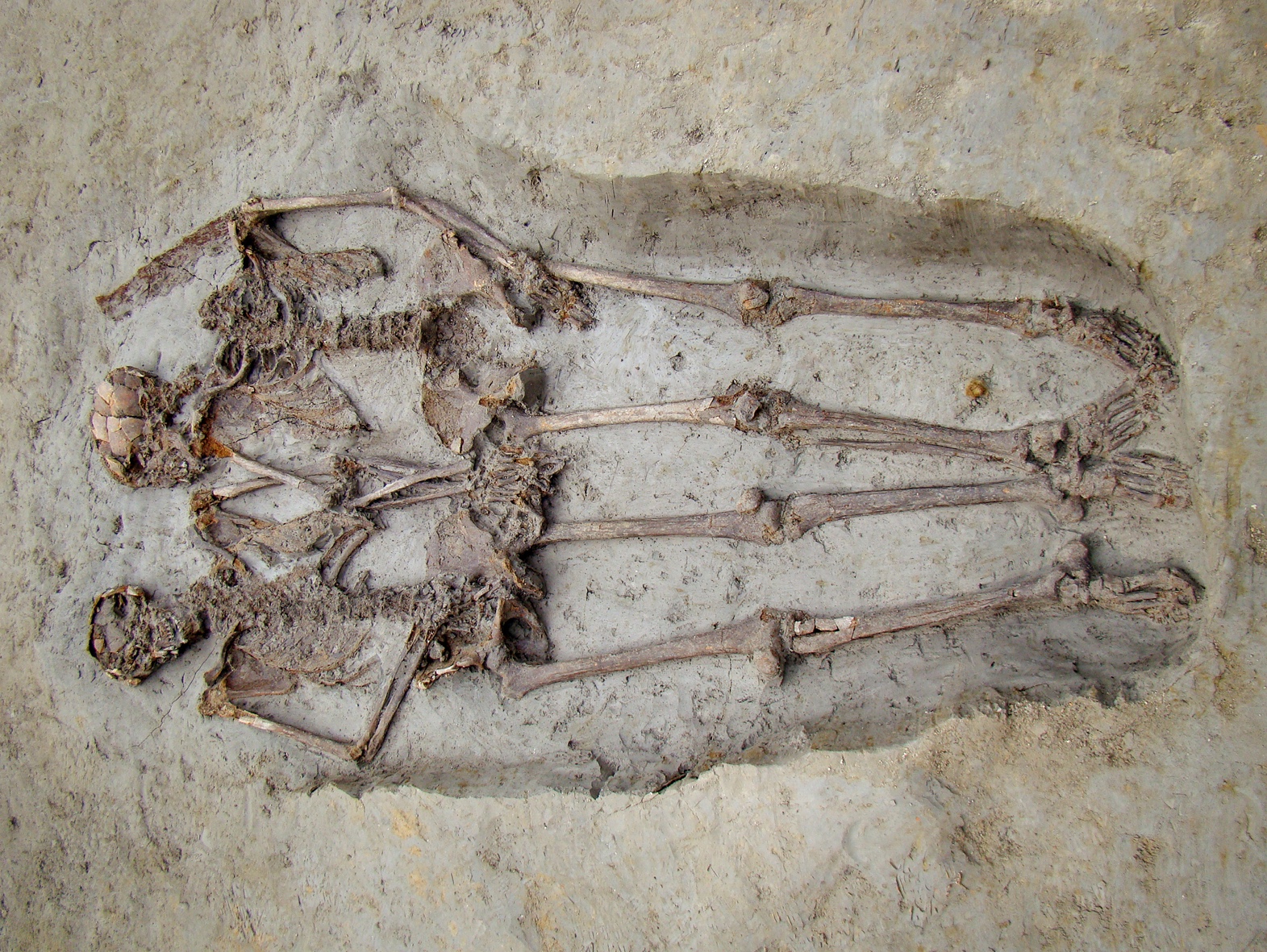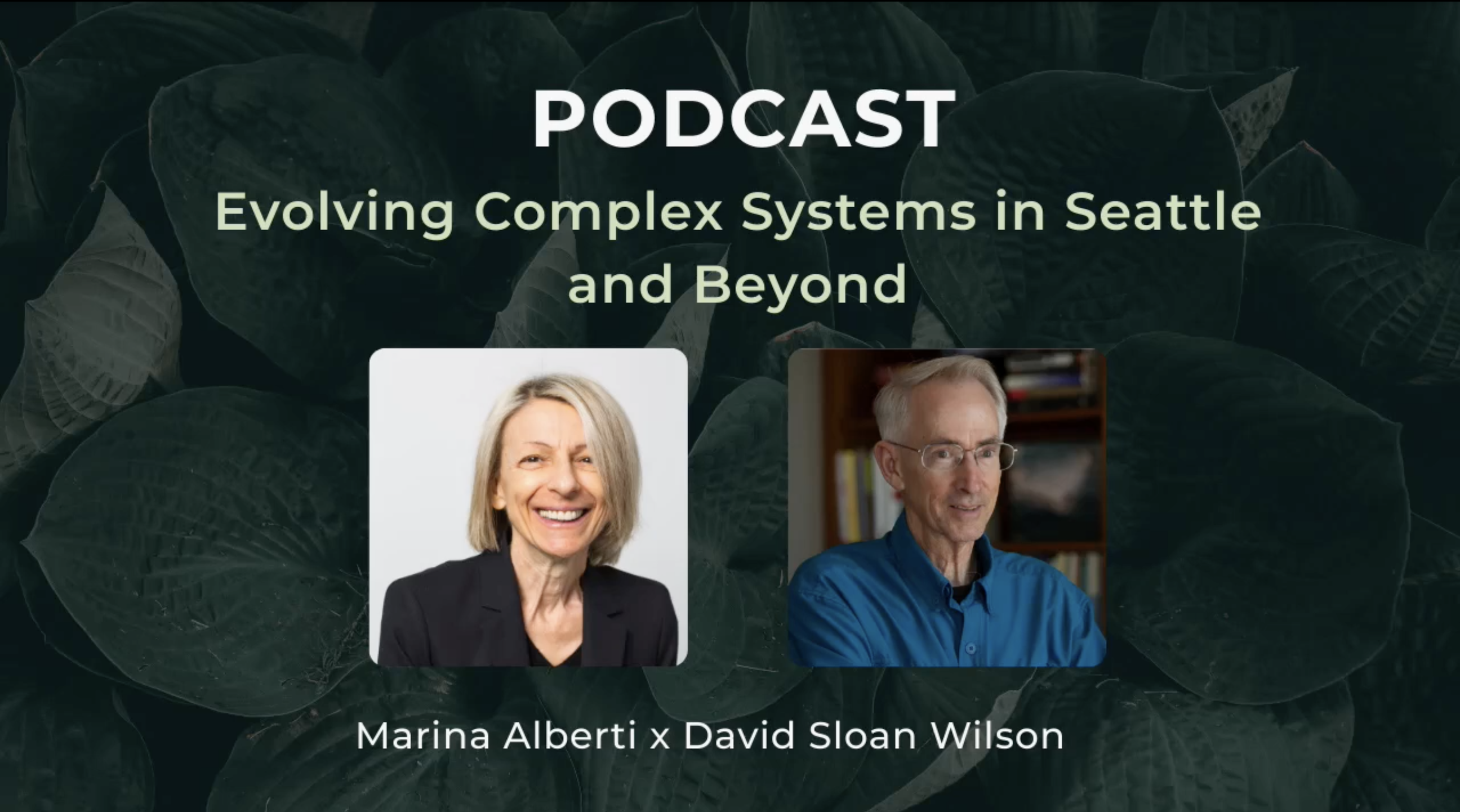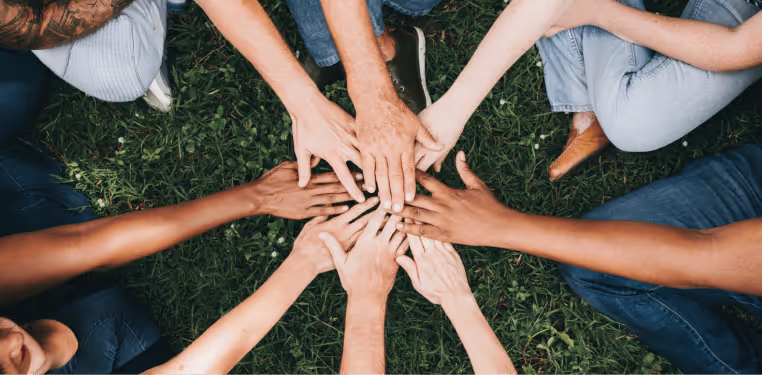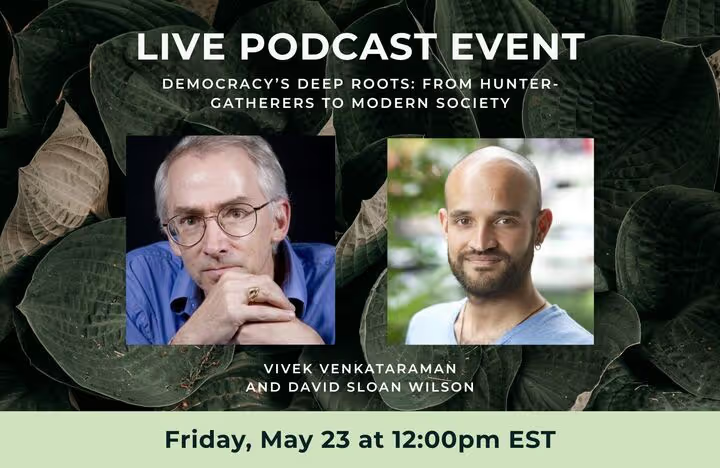
Discover our unique approach to creating a more ProSocial World
Science is at the heart and soul of what we do. Our approach incorporates three different scientific disciplines and perspectives that have not previously been combined: evolutionary science, contextual behavioral science, and Elinor Ostrom’s Nobel prize-winning work on community development and the commons. Each of these sciences is extraordinary in their own right. Together, they constitute an integrated methodology for continuous social improvement.

What We Do
Our work focuses on three key areas

Community
We’ve created a global community so we can work together to accelerate a major, multi-level evolutionary transition and better adapt to our rapidly changing world.








